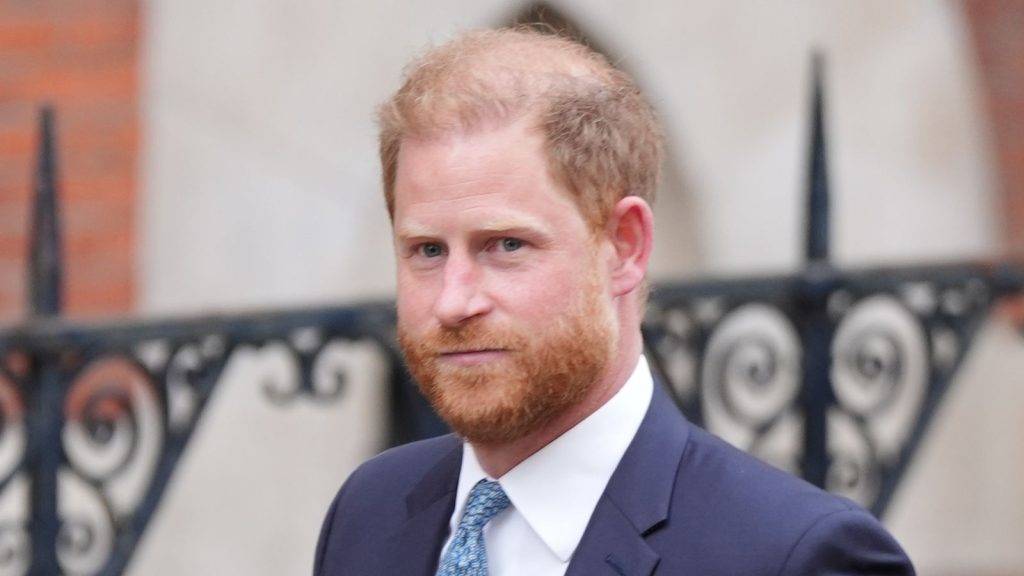Cliff Notes
- Prince Harry’s legal challenge regarding his UK security levels has been dismissed by Judge Sir Geoffrey Vos, stating that his "sense of grievance" did not constitute a legal argument.
- The ruling follows a previous decision by the Executive Committee for the Protection of Royalty and Public Figures (Ravec) to downgrade his security after he stepped back from royal duties in 2020.
- The UK Home Office maintains that security decisions are now made on a "case-by-case" basis, with the option for Harry to appeal to the Supreme Court remaining open under public interest considerations.
Prince Harry loses legal challenge over UK police protection | UK News
.
Prince Harry has lost his legal challenge over the level of security he receives when he is in the UK.
The ruling was handed down by Judge Sir Geoffrey Vos at the Royal Courts of Justice in central London on Friday – following the two-day appeal hearing at the same court last month.
He told the court that while the Duke of Sussex‘s safety concerns were both “powerful and moving”, his “sense of grievance” did not “translate into a legal argument”.
“The conclusion, in my judgment, with which my colleagues Lord Justice Bean and Lord Justice Edith agreed, was that the Duke of Sussex’s appeal would be dismissed,” he said.
Prince Harry, 40, was challenging the original decision by High Court judge Sir Peter Lane in February 2024 that the Executive Committee for the Protection of Royalty and Public Figures (Ravec) was right to downgrade his high-level police protection for when he is back in the country.
Ravec, the body responsible for the security of high-level figures, made their decision in February 2020 – after Harry and Meghan stopped working as senior royals and went to live in Canada and later the US.
Harry, who was not present for the judgment, received full, publicly funded security protection up until that point.
The Home Office, which has legal responsibility for Ravec’s decisions, said security decisions were now taken on a “case-by-case” basis.
After stepping back from royal duties, the duke argued that his private protection team in the US no longer had access to the UK intelligence information needed to keep his wife and children safe.
During the appeal hearing in April, which he travelled to the UK to attend in person, his barrister Shaheed Fatima KC said his safety, security, and life were “at stake”, and that the “human dimension” of the case should not be forgotten.
She said Harry believed he was “singled out” for “inferior treatment” and that Ravec did not follow its own “terms of reference” when making their decision.
But Sir Geoffrey said on Friday: “The duke was in effect stepping in and out of the cohort of protection provided by Ravec.
“Outside the UK, he was outside the cohort, but when in the UK, his security would be considered as appropriate.”
Therefore, Ravec’s decision was “understandable and perhaps predictable”, he told the court.
Responding to the ruling, a Home Office spokesperson said: “We are pleased that the court has found in favour of the government’s position in this case.
“The UK government’s protective security system is rigorous and proportionate.
“It is our long-standing policy not to provide detailed information on those arrangements, as doing so could compromise their integrity and affect individuals’ security.”
The duke could now take the case to the Supreme Court, but he would have to prove there is public interest in the case being heard there.
Legal commentator Joshua Rozenberg told Sky News after the judgment: “What the Supreme Court will look at is whether this is a case of general public interest. It seems to me it’s one of very, very specific importance to Prince Harry.” Therefore, he “wouldn’t hold out much hope”.


